Fojo Media Institute is currently carrying out a pilot study in five countries – Pakistan, Mexico, Egypt, Ukraine and the Philippines. The project is financed by the Swedish foreign ministry. The mission is to evaluate how an international digital center against online hate and threats against journalists who are women, transgender or non binary could be set up and funded.
In a press release about the initiative, Fojo notes that these groups are particularly targeted by online hate and threats, which are efficient tools to silence journalists that claim reponsibility from people in power.
The mission of the center would be to:
map what methods and approaches are the most efficient to build resilience against on-line hate and threats ,
investigate on-line hate, intimidation and the structures behind disinformation,
provide hands-on support to journalists and media houses that wish to improve their competence in handling on-line hate against women journalists ,
strengthen networks aimed at supporting journalists subjected to on-line hate,
create a bridge between the media industry and organizations dealing with on-line hate against journalists at policy level, such as Unesco.
Feministiskt perspektiv asked Marika Griehsel, who manages the project with consultant and media strategist Christer L Pettersson, some questions.
What can you say about the background, shortly?
– The mission can be seen in light of the Swedish feminist foreign policy and the increased awareness, that women journalists to a large extent are subject to hate, threats and harassment, both on-line and off-line, and that this influences their personal life in a negative way, and that it leads to self-censorship.
How has work been done so far?
– I have mainly spoken to women journalists and representatives for media institutes and journalist organisations, as well as organisations working with internet security. In each country I have a made extensive interviews with about ten journalists. The Swedish Foreign Policy Institute in Stockholm has also compiled five country analyzes that will form part of the report. The work is extremely interesting and it is striking how equal the working conditions of women journalists are in these five countries.
Voices of women journalists från Filippinerna, Ukraina, Kenya, Saudiarabien och Sverige. Source: Fojo
– Many of those I have met are surprised to hear that there are challenges in a country like Sweden regarding on-line harassment against women journalists. Those I have met are genuinely happy and even surprised that a Swedish government shows interest in the issue of global press freedom and the safety of journalists. Many demand solidarity within the global journalist community. You often feel lonely, afraid and exposed when you are affected by hatred, threats and harassment. Some testify that they are reluctant to show weakness and therefore do not even tell colleagues about hate and threats.
– In some of the countries journalists I have met are very afraid about reprisals and do not dare to speak openly about the situation due to restrictions on press freedom. Therefore I will not cite by name in the report. Meeting women colleagues provides great hope, their courage and determination to continue working and raising important social issues is outstanding.
– Another important observation is the fact that in all the pilot countries there are examples of women journalists that have left the established media to found and run their own news platforms on-line where they can control content. Often text, tv-features and radio in several languages on the same platform. They are more affected by hatred, threats and harassment because they often report about abuse of power, corruption, social injustice. These publicists are in urgent need of independent funding and support. They are also completely dependent on the dominating social media corporations like Facebook, Twitter and internet search corporations like Google, which make them even more vulnerable.
– My view is that it is extremely urgent that various actors who defend freedom of the press work jointly and act vigorously. To review various opportunities for cooperation among press freedom organizations is also part of the mission. In the process of coordinating, mapping and pushing towards decision makers and social networking companies, a future center of the right resources can play a crucial part. Press freedom and equality are fundamental building blocks for the global sustainability goals.
As part of the project you are sending out an inquiry, what is the purpose?
– To get a picture of how journalists experience the extent of hate, threat and harassment. If it has led to self-censorship and if they have any perception from where the threat and hatred comes. We hope to find out if they believe that threats, hate and harassment are more common against female than male journalists.
The inquiry is directed to journalists in the five pilot countries – Pakistan, Mexico, Egypt, Ukraine, the Philippines – and Sweden. The result will be included in the report on the pilot study, which should be ready by August 31.
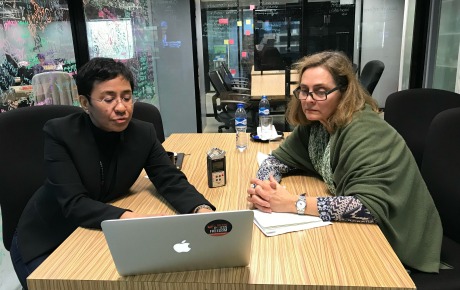
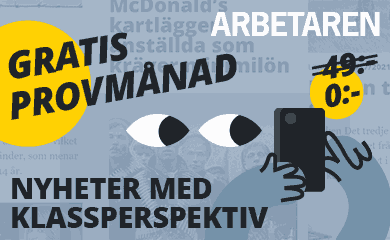

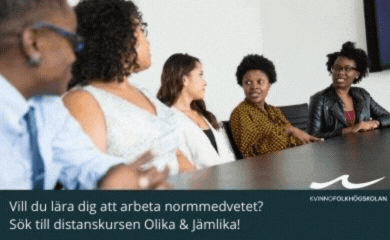





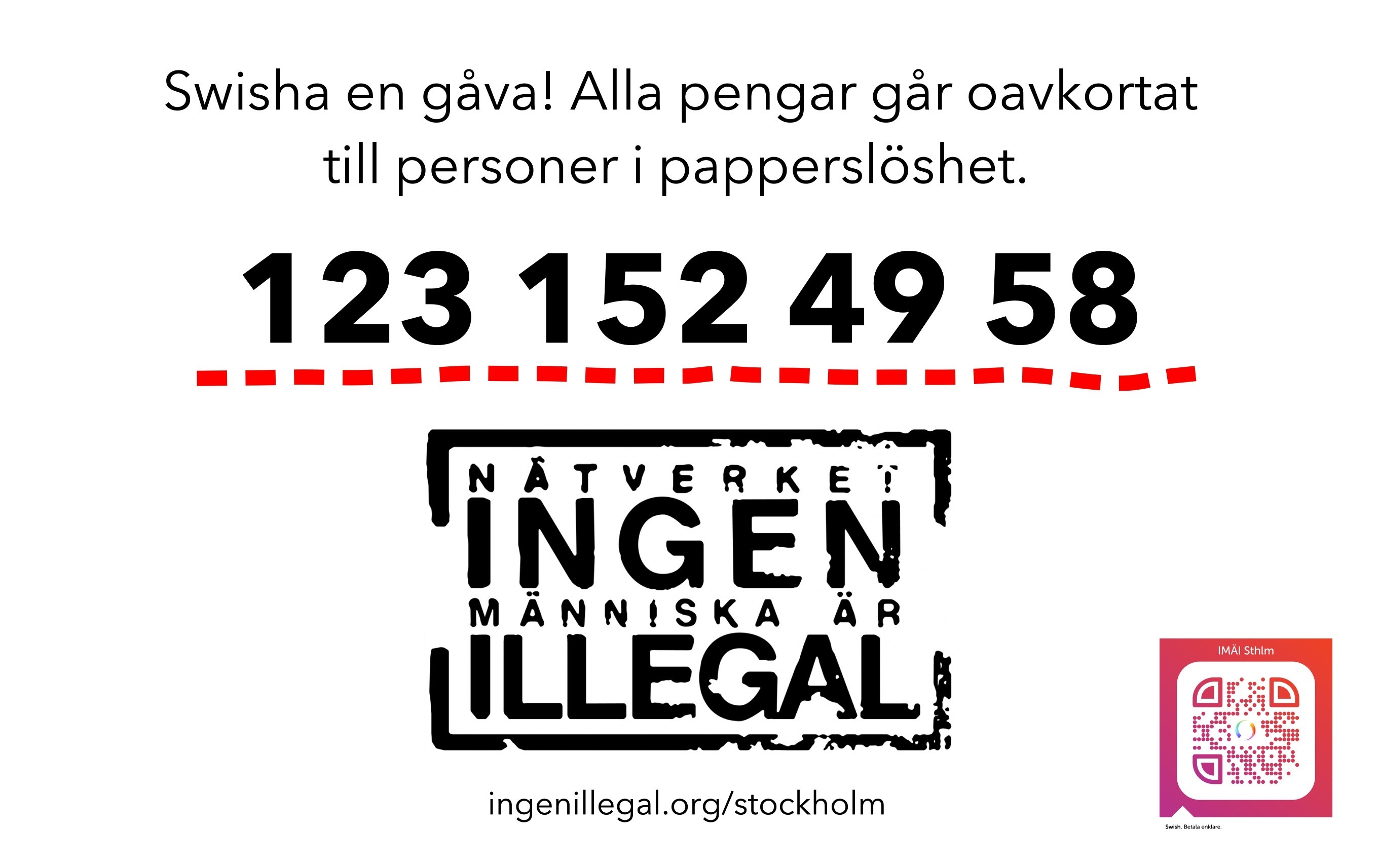
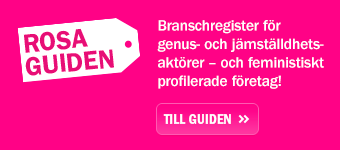


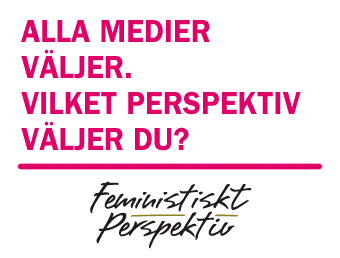












MEST KOMMENTERAT
SENASTE KOMMENTARERNA
Om Var Grupp 8 en feministisk organisation?
Om #bildskolan 21: Att äta Den Andre
Om #bildskolan 21: Att äta Den Andre
Om Porr handlar om betalda övergrepp
Om Nobels fredspris till kampanj för att avskaffa kärnvapen
Om Feministiskt perspektiv öppnar arkivet och startar på nytt!
Om Rödgrönt ointresse för fred och nedrustning borde oroa många
Om Var inte målet att vi skulle jobba mindre?
Om Feministiskt perspektiv öppnar arkivet och startar på nytt!
Om Feministiskt perspektiv öppnar arkivet och startar på nytt!
MEST LÄST